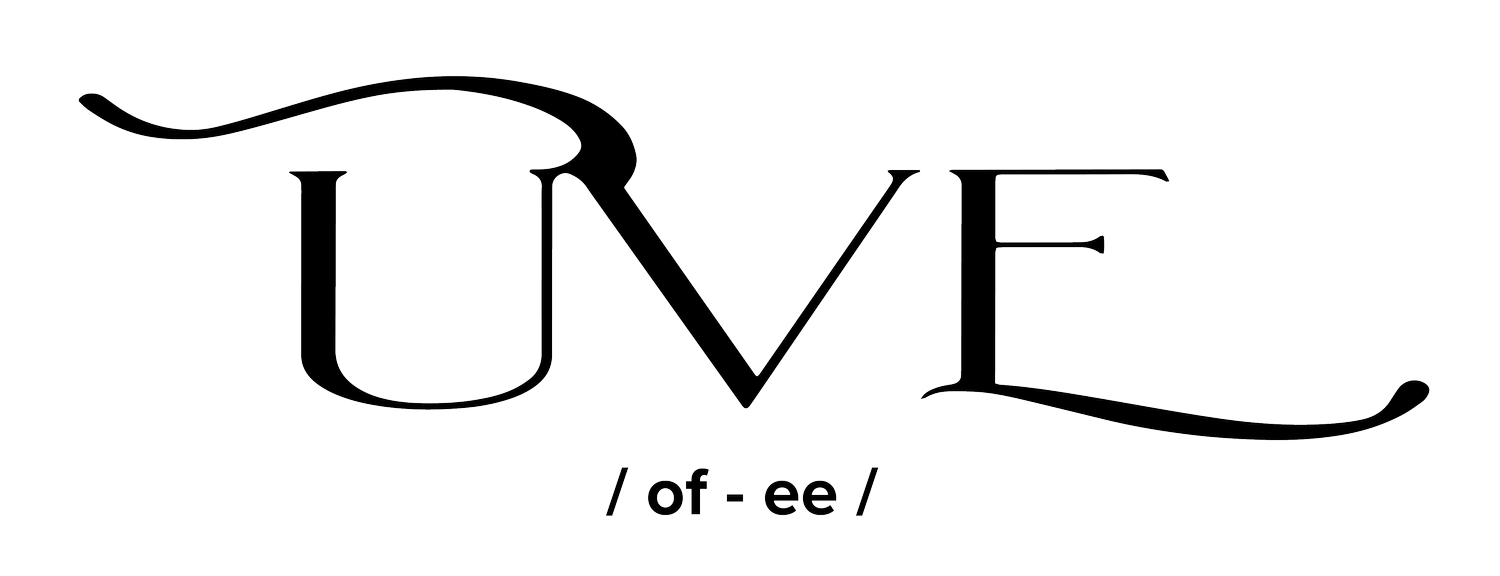Photo: Savory Institute
holistic planned grazing — online series
SUGGESTED COST: $499
4 Thursdays: Feb. 27, Mar 6, 13, 20
Guides: Caity Roberts & Beth Robinette
TANGIBLE OUTCOMES:
Holistic planned grazing caters to many variables commonly left out of grazing planning, such as erratic weather, wildlife needs, and time with family. Holistic Planned Grazing uses concepts that mimic nature to reduce the need for costly inputs and can increase plant biodiversity and density.
You will learn the step-by-step process using the aide memoire to plan your grazing to enhance your environment, financial well-being, and quality of life.
LEARNING OUTCOMES:
By the end of this course, you will learn tools to empower you to
Manage livestock grazing so that animals stay healthy and productive while increasing the biological capital that will improve your quality of life and sustain your livelihood for generations to come.
Reduce the need for costly inputs.
Create, implement, and monitor the Open/Growing season plan.
Create, implement, and monitor the Closed/Non-Growing season plan.
Monitor the welfare of your animals through husbandry concepts such as dung and body scores.
Read the land to implement Holistic principles to increase productivity, profits, stocking rates, and crop yields while improving livestock health, enhancing plant density and biodiversity, and mitigating floods, fires, drought, and climate change.
The integration of livestock with land regeneration is the foundation of holistic grazing. Holistic Planned Grazing helps ensure that the right type of livestock are in the right place, at the right time, for the right reasons and with the right behavior.
The UVE Holistic Grazing Planning course focuses on developing comprehensive plans for managing the complex relationships between livestock, crop production, forage growth cycles, social considerations and wildlife habitat in a way that ensures ongoing land regeneration, animal health and welfare, and profitability.
During the course, participants work alongside UVE Guild experts to identify objectives for timing and duration in relation to grazing cycles coupled with adequate plant recovery periods. Through careful timing of grazing, analysis of stocking rates related to forage availability, and assessment of growing and non-growing season timeframes, we can effectively decrease bare ground and increase the mass of plants year over year. In doing so, we increase the availability of forage over time, increase carbon sequestration by keeping active root growth beneath the soil surface, and enhance biodiversity by creating an integrated relationship between grazers and wildlife.
Additional Details
The courses will be held via Zoom with significant interaction with the guides between sessions.


